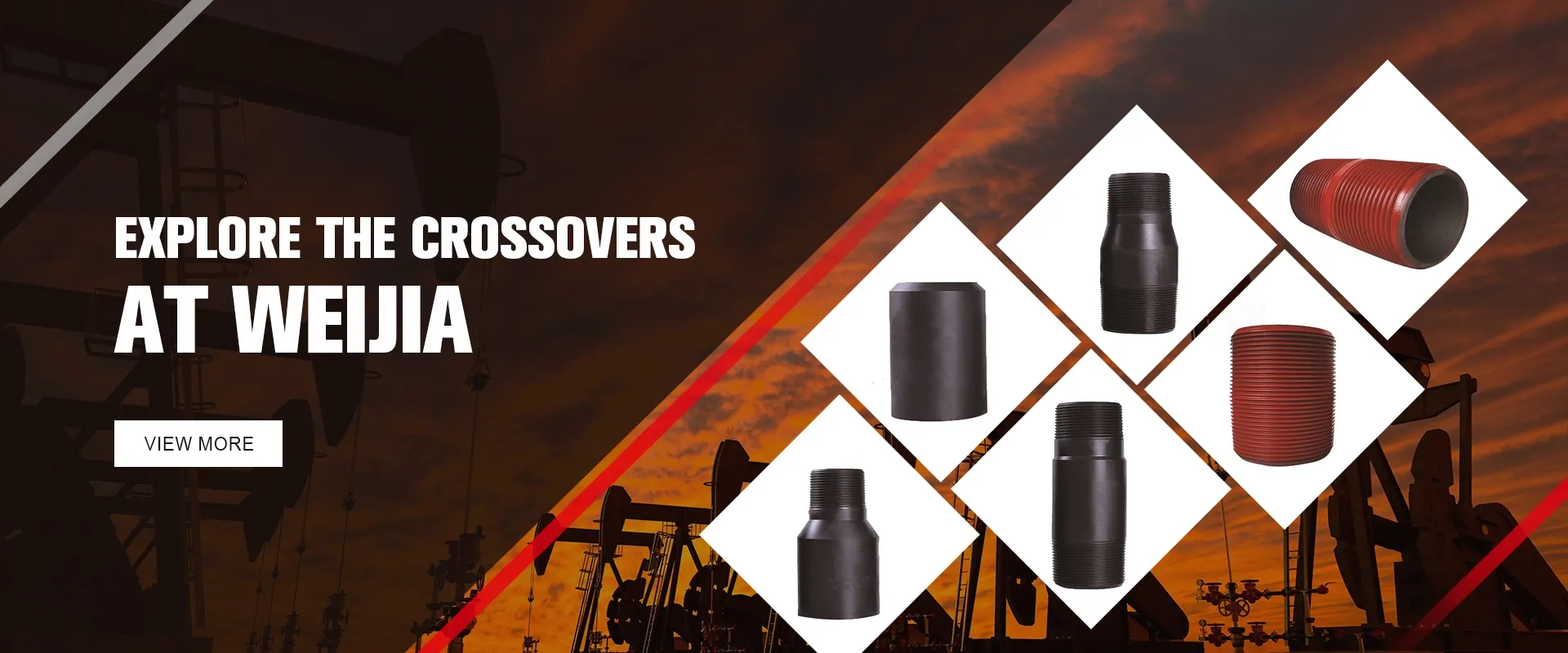- Afrikaans
- Albanian
- Amharic
- Arabic
- Armenian
- Azerbaijani
- Basque
- Belarusian
- Bengali
- Bosnian
- Bulgarian
- Catalan
- Cebuano
- Corsican
- Croatian
- Czech
- Danish
- Dutch
- English
- Esperanto
- Estonian
- Finnish
- French
- Frisian
- Galician
- Georgian
- German
- Greek
- Gujarati
- Haitian Creole
- hausa
- hawaiian
- Hebrew
- Hindi
- Miao
- Hungarian
- Icelandic
- igbo
- Indonesian
- irish
- Italian
- Japanese
- Javanese
- Kannada
- kazakh
- Khmer
- Rwandese
- Korean
- Kurdish
- Kyrgyz
- Lao
- Latin
- Latvian
- Lithuanian
- Luxembourgish
- Macedonian
- Malgashi
- Malay
- Malayalam
- Maltese
- Maori
- Marathi
- Mongolian
- Myanmar
- Nepali
- Norwegian
- Norwegian
- Occitan
- Pashto
- Persian
- Polish
- Portuguese
- Punjabi
- Romanian
- Russian
- Samoan
- Scottish Gaelic
- Serbian
- Sesotho
- Shona
- Sindhi
- Sinhala
- Slovak
- Slovenian
- Somali
- Spanish
- Sundanese
- Swahili
- Swedish
- Tagalog
- Tajik
- Tamil
- Tatar
- Telugu
- Thai
- Turkish
- Turkmen
- Ukrainian
- Urdu
- Uighur
- Uzbek
- Vietnamese
- Welsh
- Bantu
- Yiddish
- Yoruba
- Zulu
well casing coupler
Well Casing Coupler Essential Component in Oil and Gas Operations
Well casing couplers play a critically important role in the oil and gas industry, serving as essential components in the construction and maintenance of well casings. The process of drilling for oil and gas involves the creation of deep holes in the earth’s surface, where well casing is used to ensure the structural integrity of the wellbore. Casing couplers are designed to connect individual lengths of casing pipes, thus forming a continuous and secured lining that prevents the collapse of the well and protects groundwater from contamination.
What is a Well Casing Coupler?
A well casing coupler is a specialized device used to connect two sections of casing together. Casing refers to the large-diameter pipes that line the borehole, providing stability as well as a protective barrier against external elements. Couplers are typically made from high-strength steel to withstand the high pressures and harsh conditions encountered during drilling operations in diverse geological formations. These couplers are designed to ensure tight seals that prevent leaks and maintain the well’s operational integrity.
Types of Casing Couplers
There are several types of casing couplers available, designed for various applications and well conditions. The most common types include
- Threaded Couplers These feature male and female threads on each end of the coupler, allowing for easy hand-tightening during assembly. They are often used for smaller casing sizes and are popular due to their simplicity and effectiveness.
- Welded Couplers These couplers are permanently fused to the ends of the casing pipes through welding processes. Welded couplers provide a robust and leak-proof connection, making them suitable for high-pressure applications.
- Flanged Couplers Flanged couplers have a flat flange on each end, which allows for bolted connections. These are often used in situations where frequent disassembly is required, providing convenience while maintaining a strong bond.
well casing coupler

- Slip Couplers These allow for slight variations in pipe lengths due to their slip-on design, which provides a margin of adjustment. They are particularly useful in situations where casing lengths may vary due to geological conditions.
Importance of Quality and Standards
Given the critical nature of well casing in preventing blowouts and environmental issues, the quality of casing couplers cannot be overstated. Industry standards and certifications are essential, ensuring that couplers meet specific performance requirements and safety regulations. Quality assurance processes involve rigorous testing for material strength, corrosion resistance, and pressure tolerance.
Using substandard couplers can lead to catastrophic failures, including leaks and structural failures, impacting not only the operational efficiency of the well but also posing significant environmental risks. Thus, operators must ensure that they procure couplers from reputable manufacturers who adhere to industry best practices.
Installation and Maintenance
Proper installation of casing couplers is crucial for the safety and efficiency of well operations. During the installation process, it is essential to ensure that couplers are aligned correctly and that all connections are secure. Regular maintenance checks are also necessary to identify and address any potential wear and tear that may compromise the integrity of the couplers over time.
Utilizing appropriate lubricants and employing the correct torque specifications during the installation can enhance the performance and longevity of casing couplers. Operators should also consider environmental factors, as extreme temperatures and corrosive conditions can significantly impact coupler functionality.
Conclusion
Well casing couplers are indispensable components in the oil and gas industry, providing secure connections that uphold the integrity of well operations. Their importance cannot be underestimated, as they help safeguard against environmental damage while ensuring the efficient extraction of resources. As the industry evolves, innovations in materials and design will likely enhance the functionality of casing couplers, further solidifying their role in advancing safe and effective drilling operations. Understanding and prioritizing the quality of these components is essential for the sustainability and safety of oil and gas production.
-
Tubing Pup Joints: Essential Components for Oil and Gas OperationsNewsJul.10,2025
-
Pup Joints: Essential Components for Reliable Drilling OperationsNewsJul.10,2025
-
Pipe Couplings: Connecting Your World EfficientlyNewsJul.10,2025
-
Mastering Oilfield Operations with Quality Tubing and CasingNewsJul.10,2025
-
High-Quality Casing Couplings for Every NeedNewsJul.10,2025
-
Boost Your Drilling Efficiency with Premium Crossover Tools & Seating NipplesNewsJul.10,2025







